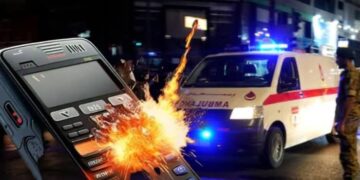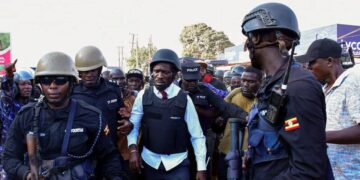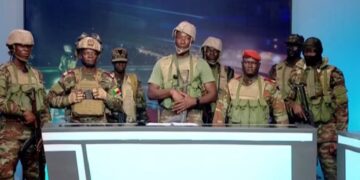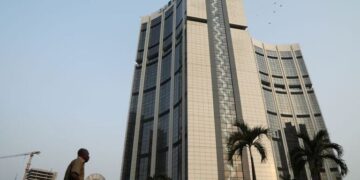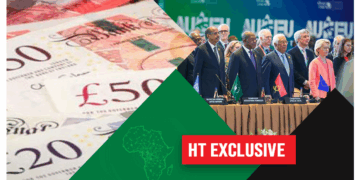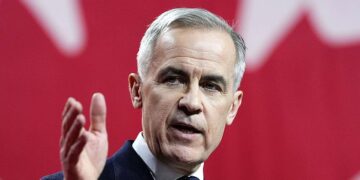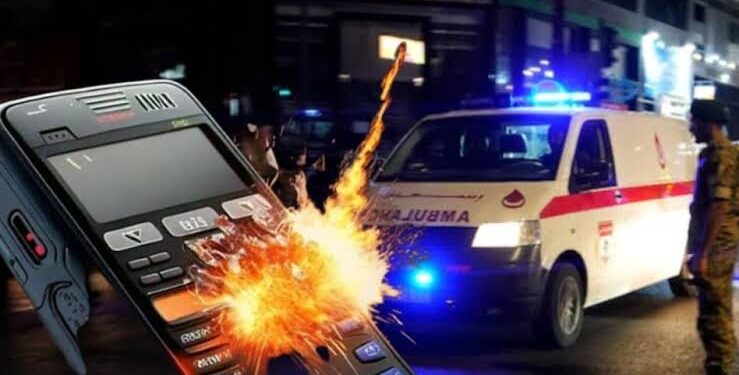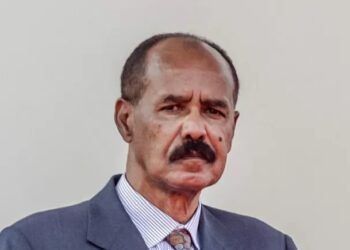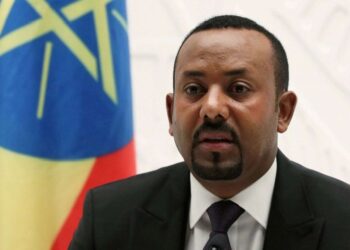By Lucy Adautin
One day after lethal pager explosions shook Lebanon, reports indicate that hand-held radios used by Hezbollah detonated late Wednesday afternoon.
The explosions were reported across southern Lebanon and in the southern suburbs of Beirut, according to a security source and a witness.
Lebanon’s state-run media reported that the exploding devices claimed the lives of three people in the east on Wednesday. A medical source confirmed that 15 others were wounded. Similar explosions were also reported in other Hezbollah strongholds, according to the report.
“Three martyrs fell after devices exploded in the town of Sohmor,” the state-run National News Agency said, with a hospital source in the city of Baalbek, 15 people had been wounded after walkie talkies exploded.
At least one of the blasts took place near a funeral organized by Iran-backed Hezbollah for those killed the previous day when thousands of pagers used by the group exploded across the country.
Hezbollah said on Wednesday it had attacked Israeli artillery positions with rockets in the first strike at its arch-foe since pager blasts wounded thousands of its members in Lebanon and raised the prospect of a wider Middle East war.
Israel’s spy agency Mossad, which has a long history of sophisticated operations on foreign soil, planted explosives inside pagers imported by Hezbollah months before Tuesday’s detonations, a senior Lebanese security source said.
The death toll rose to 12, including two children, Lebanese Health Minister Firass Abiad said on Wednesday. Tuesday’s attack wounded nearly 3,000 people, including many of the militant group’s fighters and Iran’s envoy to Beirut.
A Taiwanese pager maker denied that it had produced the pager devices which exploded in an audacious attack that raised the prospect of a full-scale war between the Iran-backed Hezbollah and Israel.
Gold Apollo said the devices were made by under licence by a company called BAC, based in Hungary’s capital Budapest.
There was no immediate word on when Hezbollah had launched its latest rocket attack, but normally the group announces such strikes shortly after carrying them out, suggesting it fired at the Israeli artillery positions, Wednesday.
Hezbollah has vowed to retaliate against Israel, whose military declined to comment on the blasts. The two sides have been engaged in cross-border warfare since the Gaza conflict erupted last October, fuelling fears of a wider Middle East conflict that could drag in the United States and Iran.
Jordan’s Foreign Minister Ayman Safadi accused Israel of pushing the Middle East to the brink of a regional war by orchestrating a dangerous escalation on many fronts.
“Hezbollah wants to avoid an all-out war. It still wants to avoid one. But given the scale, the impact on families, on civilians, there will be pressure for a stronger response,” said Mohanad Hage Ali of the Carnegie Middle East Center.
Hezbollah, Iran’s most powerful proxy in the Middle East, said in a statement it would continue to support Hamas in Gaza and Israel should await a response to the pager “massacre” which left fighters and others bloodied, hospitalised or dead.
One Hezbollah official said the detonation was the group’s “biggest security breach” in its history.
